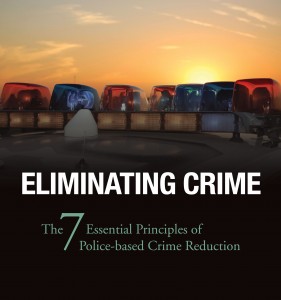A fundamental principle in nearly every common-law jurisdiction, such as the United Kingdom, Australia, New Zealand, Canada, and the United States, is that an offender’s prior record should play a central role in sentencing. In fact, the importance of previous criminal history should only be surpassed by the seriousness of offence committed (Roberts, 1997; Ulmer, 1997; Vigorita, 2001). In Canada, the public has held the views that repeat offenders should be held more accountable for their offenses and should receive a harsher penalty (Roberts, 2008). This perspective is based on the notion that deliberate and persistent criminal activity indicates that the offender is a chronic and significant risk to society who consistently demonstrates a disregard for the rules and laws of society and its citizens. As Ruby et al. (2004: 311) stated, a “criminal record may show that the offender is committed to a criminal way of life and therefore a danger to society”. Indeed, many legislators and courts have stated that an offender’s second offence must be considered more serious than their first, and leniency should not be given to offenders with lengthy criminal histories (Ulmer and Kramer, 1996; Roberts, 2008).




